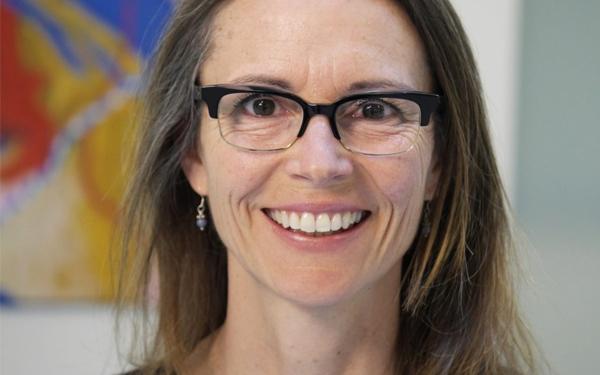
Swedish Milk Study

Swedish Milk Study
On Oct 28, 2014 a study on milk was published by Dr. Michaelsson of Uppsala University in Sweden. This study claims that high milk intake was associated with an increased rate of death.
In this study, over 61,000 women (ages 39-74) and over 45,000 men (ages 45-79) were followed for just over 11 years during which time they completed food questionnaires about their diet. After 20 years, it was observed that the death rate among the men and women appeared to be higher in those drinking three or more glasses of milk per day compared to those just drinking one glass per day. In addition, drinking more milk did not appear to reduce the risk of fractures (broken bones).
Although this study was published in The BMJ (originally called the British Medical Journal), its study design was not ideal for determining cause and effect between the high intake of milk and the increased risk of death. Other researchers have actually observed a lower rate of heart attacks in those with a diet rich in dietary sources of calcium. For example, in 2012 Li and colleagues evaluated a German cohort study of 23,980 people ages 35-64 who were followed over 11 years. This study found that a calcium enriched diet was associated with a lower rate of MI (heart attack) by 30%.
Clearly, further research is necessary before it can be concluded that a high intake of milk is harmful. In the meantime, Osteoporosis Canada still recommends that Canadians over age 50 consume 1200 mg of calcium daily through food and supplement, with food being the preferable source.
Scientific Advisory Council
Osteoporosis Canada’s rapid response team, made up of members of the Scientific Advisory Council, creates position statements as news breaks regarding osteoporosis. The position statements are used to inform both the healthcare professional and the patient. The Scientific Advisory Council (SAC) is made up of experts in Osteoporosis and bone metabolism and is a volunteer membership.

